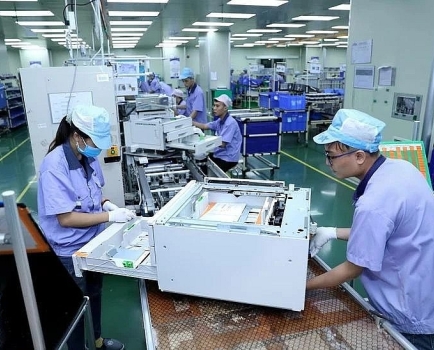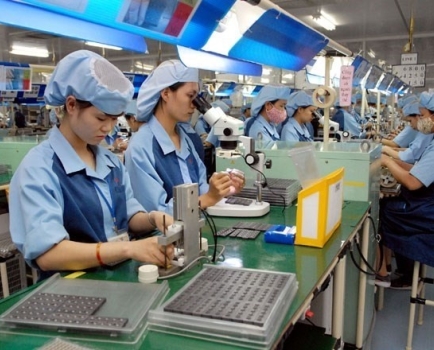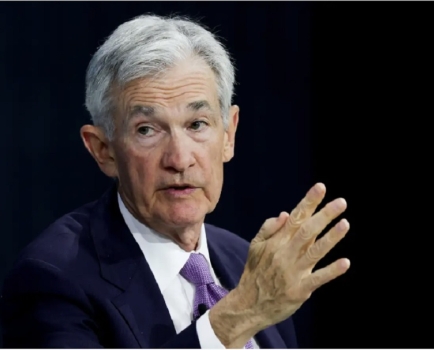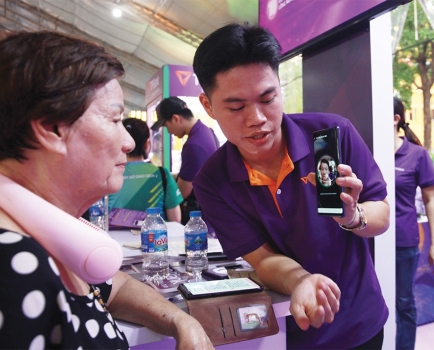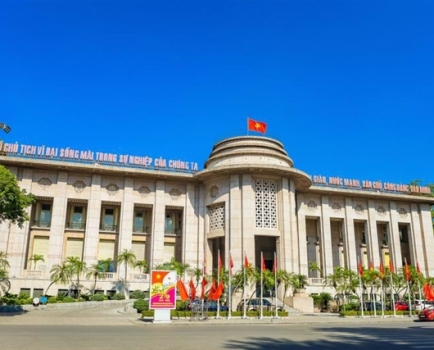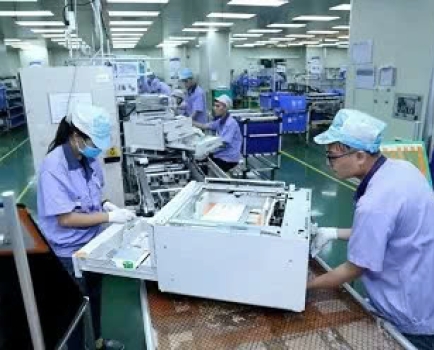Weed, nails: niche diaspora industries feed trafficking of Vietnamese abroad
Wed, 30 Oct 2019 14:38:00 | Print | Email Share:
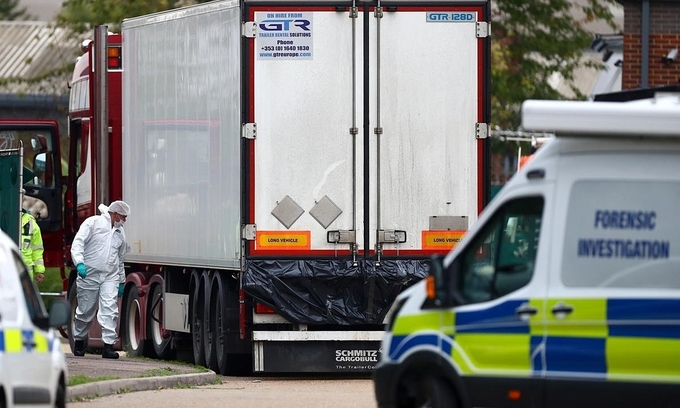
in a lorry container, in Grays, Essex, Britain October 23, 2019.
Photo by Reuters/Hannah McKay.
The lure of earning good money living among the Vietnamese community abroad has kept human trafficking in business, despite harsh realities and risks.
"It is reasonable to assume that several hundred people make their way from Vietnam to the U.K. each year, often after long stays in Germany or France," said Daniel Silverstone, director of the Liverpool Center for Advanced Policing Studies.
Silverstone, who has a longstanding academic interest in serious and organized crime and is currently working on the issue of trafficking and organized immigration crime from Vietnam, made the statement even as Vietnam and British authorities worked to verify the identities of 39 people found dead in a refrigerated container truck in the U.K. last week.
He said there were three main reasons behind Vietnamese citizens trying to enter the U.K. illegally.
First was "the opportunity to work in niche industries in diaspora communities."
Vietnam communities in the U.K. are concentrated in nail bars, Vietnamese restaurants and cannabis cultivation.
"This does not mean they necessarily grow cannabis, it also could be supplying food for the growers, renting properties and so on. Over time they can pay back the fee for coming here and make a living," he said.
The second reason was support from the diaspora community. People from both northern and central regions of Vietnam, like Hai Phong City and the provinces of Quang Ninh, Nghe An, Quang Binh and Ha Tinh, can find other Vietnamese in the U.K. to assist them with accommodation and other needs without too much trouble.
Thirdly, "those going do have an exaggerated view from relatives and smugglers about how easy it is to get to the U.K. and how much money can be earned here.
"The Vietnamese are consistently one of the most trafficked people, hundreds are referred each year," he said, adding that this immigration has been ongoing for more than a decade now.
Mark Alan Brown, head of office at the International Organization for Migration (IOM), said Vietnamese irregular migrants to the U.K. are told or promised by the traffickers that they will work in nail bars, construction sites, and restaurants.
"After they arrive they frequently end up working in the cannabis farms, or in conditions of modern slavery," he said.
Migrants usually are not provided with proper living conditions, and they face physical or mental abuse as well as isolation, exploitation, robbery, or even murder by criminal gangs or traffickers, he said.
"They don't or can't walk away because of the debt they paid for their journey, and because they are afraid of the authorities due to their irregular status," he said.
On October 23, U.K. emergency services discovered the bodies of 38 adults and one teenager, suspected immigrants, in a refrigerated container truck at the Waterglade Industrial Park in Grays, Essex County, east of London.
As of last Sunday, 24 families in the central province of Nghe An and neighboring Ha Tinh Province had reported relatives missing in the U.K. and other countries in Europe.
Vietnam’s Ministry of Public Security has said it stands ready to send officers to the U.K. to join the investigation.
The British authorities have transfered the files of four of the victims to the ministry of identify verification.
Between April 1 and June 30 this year, 2,320 potential victims of modern slavery have been recorded, an 8 percent increase from the previous quarter and a 40 percent increase from the same quarter last year.
The 2,320 potential victims were from 84 different nationalities with individuals from the U.K., Albania and Vietnam being the three most common nationalities referred, according to the National Referral Mechanism statistics, a framework for identifying victims of human trafficking or modern slavery and ensuring they receive the appropriate support. The figures are published on the website of the National Crime Agency, a national law enforcement agency in the U.K.
Not policing priority
Explaining how authorities in the U.K. have let the situation happen, Silverstone said it is hard for the police to stop illegal immigration.
"They do not commit lots of other high profile crimes such as selling heroin or use high profile violence like guns, and therefore they are not a policing priority."
There are many human trafficking networks and to disrupt them, sustained intentional police cooperation was needed, he said.
Silverstone suggested that authorities in Vietnam encourage safe migration strategies so that citizens are more aware of the dangers and risks of coming to the U.K.
The U.K. government meanwhile needs to work more closely with the Vietnamese communities, as there are several there, to build relationship with the authorities, he said.
The U.K. police have independent advisory groups which are made up of representatives of the communities they serve but currently there are very few, if any, Vietnamese members, and the key community members are from the first migration to the U.K. after the Vietnam War in 1975.
Therefore, the U.K. needs to reach out to the newer communities in key areas where there are large Vietnamese populations such as Southwark and Hackney in London, Silverstone said.
In its 2019 Trafficking in Persons Report issued in June, the U.S. said Vietnam has not fully met the minimum standards of the U.S.’s Trafficking Victims Protection Act of 2000 but was making significant efforts to comply.
Vietnam’s efforts have included running major awareness campaigns in communities vulnerable to trafficking and government-facilitated training for consular officers, police and other relevant agencies in combating trafficking, the report said.
The lack of interagency coordination and provincial officials’ lack of familiarity with anti-trafficking laws and victim protection continue to impede anti-trafficking efforts, it said.
Marie Damour, U.S. Consul General in Ho Chi Minh City, said at a press briefing Tuesday that there were a lot of areas where the U.S. can work with the Vietnamese government on the trafficking issue.
"The economy of Vietnam is booming, and one of the things we want to do is work with the government of Vietnam on ensuring that Vietnamese have the right education to give them the right skills to take advantage of that economic opportunity at home," she said.
The other thing is to work with NGOs to help educate people on some of the dangers they might encounter through irregular migration, she said.
Human trafficking was "a problem in many countries, a global problem," said Damour, who has been working on anti-trafficking issue at the U.S. Department of State for over 20 years.
She said she has seen the damage that it has done to communities, and damage done to companies who can’t hope to compete with other companies who exploit their workers. A legitimate business might fail because a competitor is not paying their employees the way they should, she said.
All governments should work together to try and prevent trafficking, prosecute criminals and protect the victims, she added.
By: Viet Anh, Minh Nga/Vnexpress
---------------------------------------------
Same category News :



